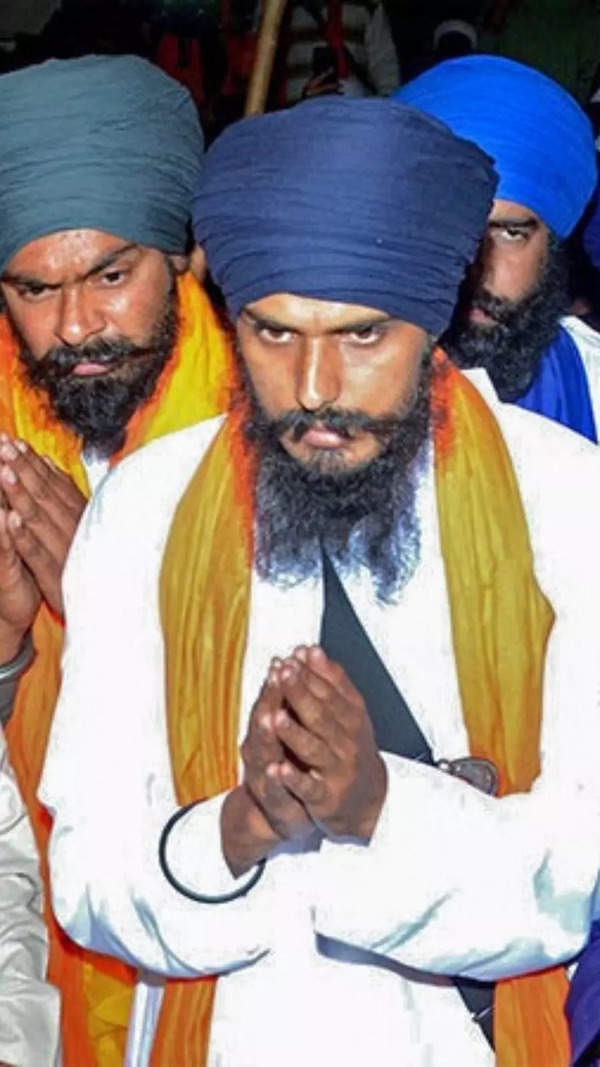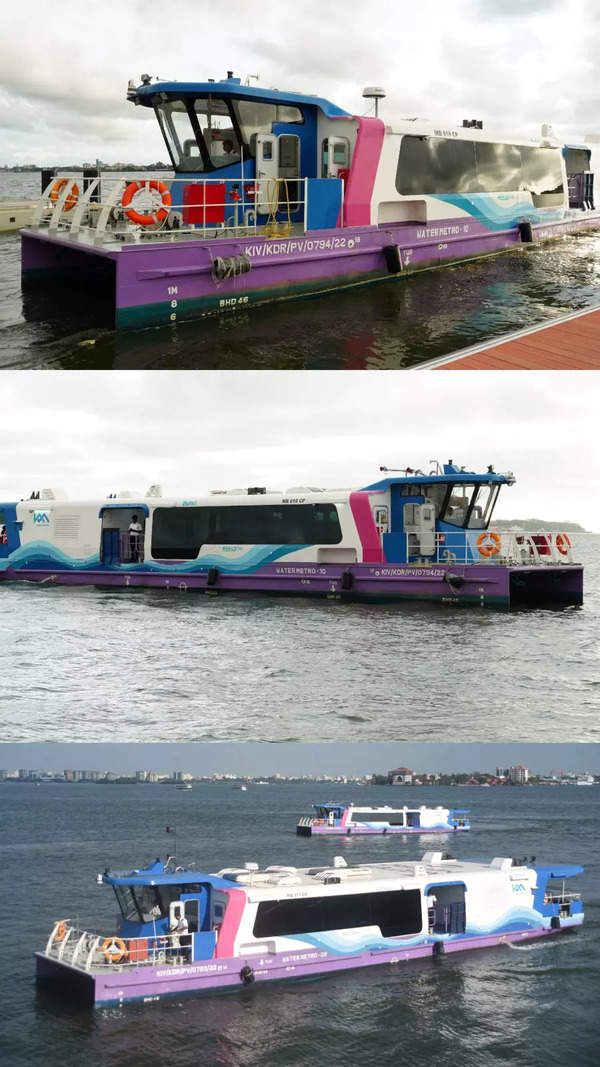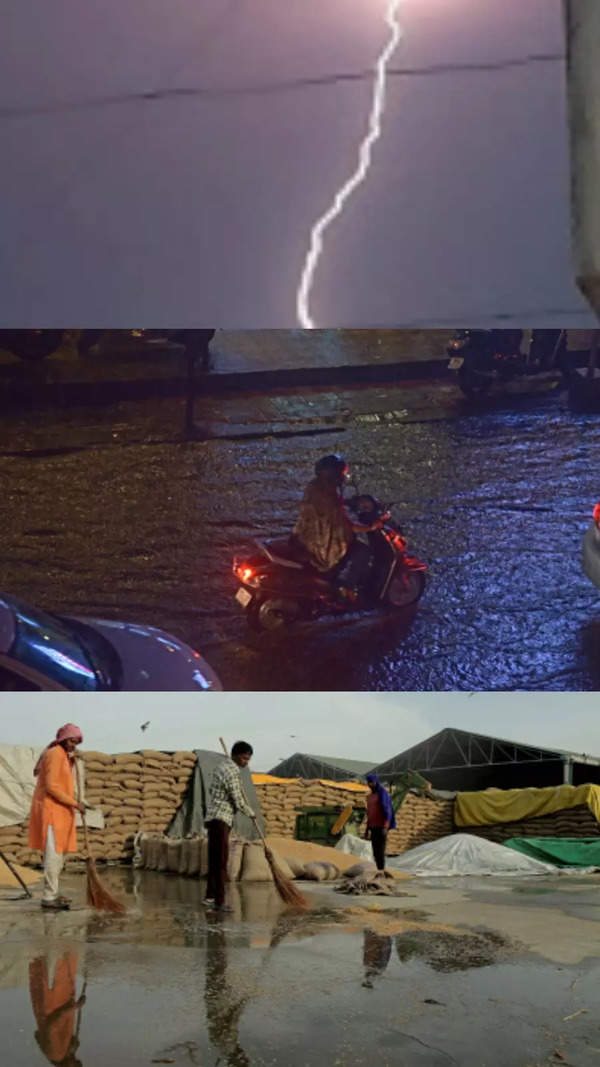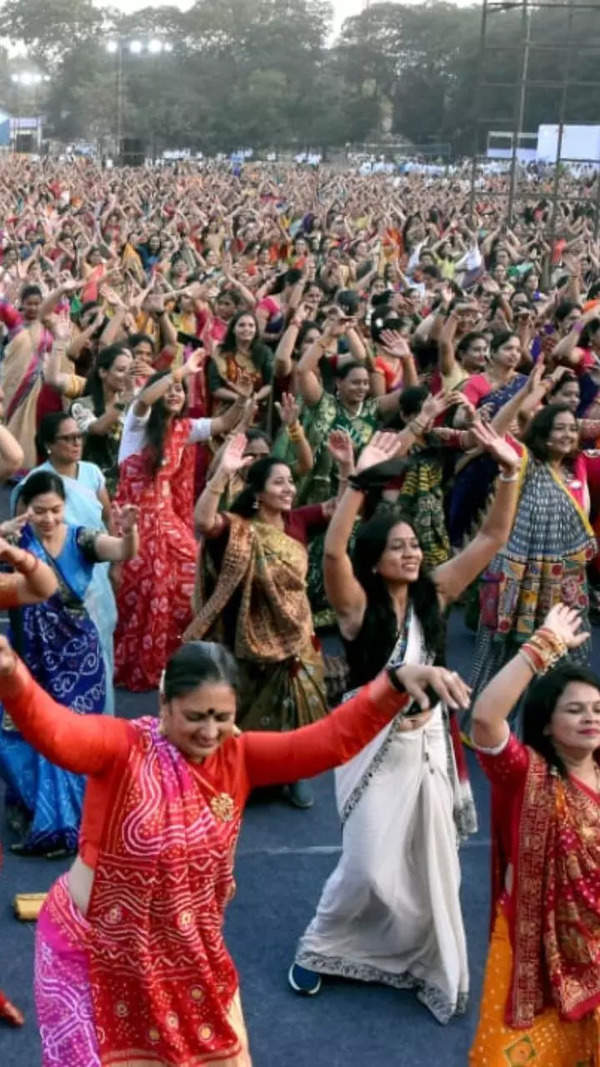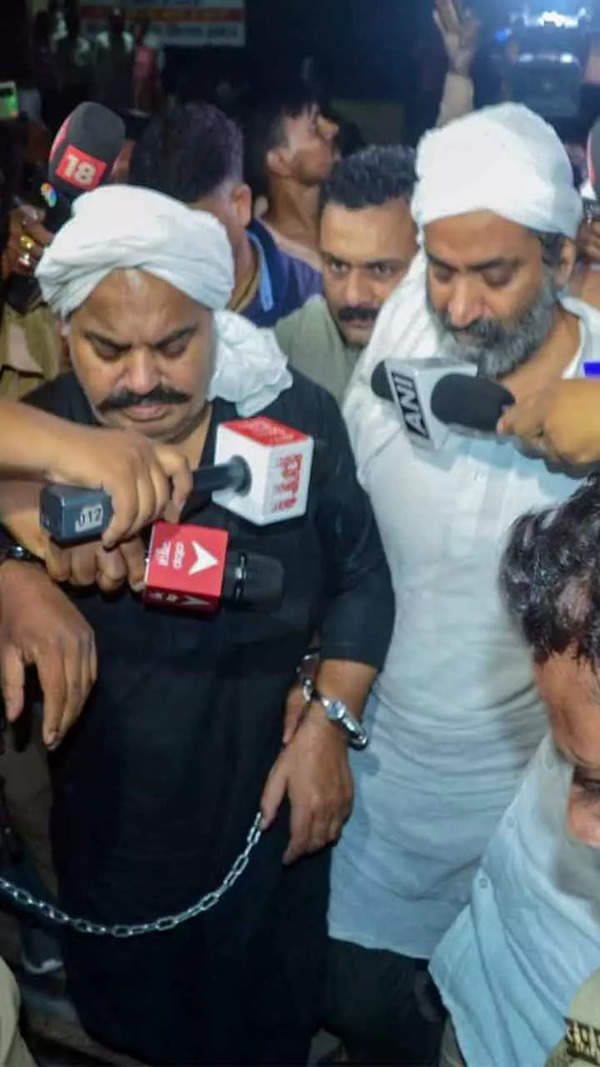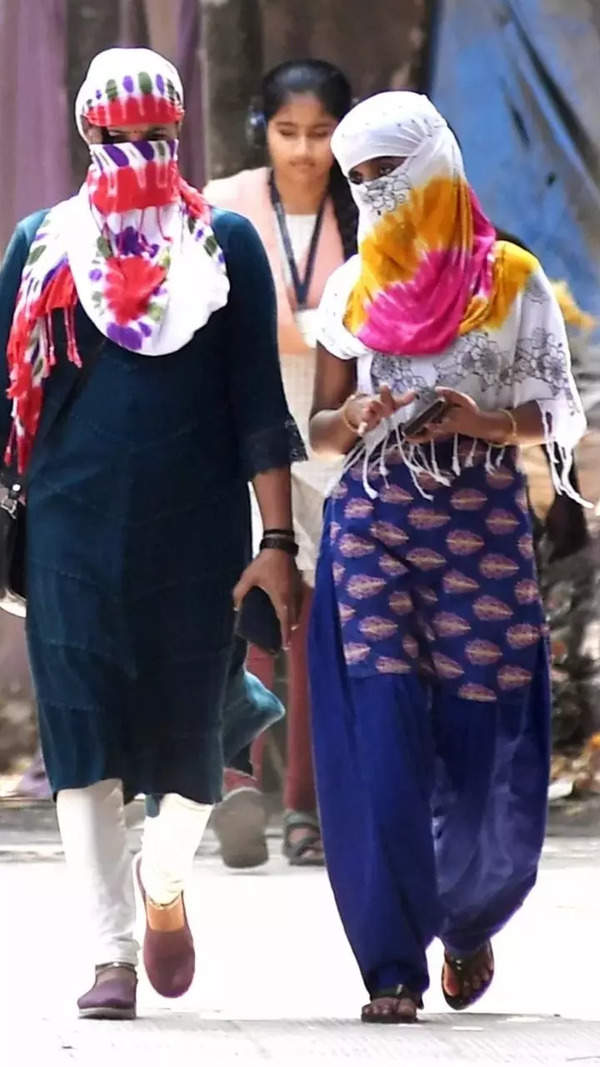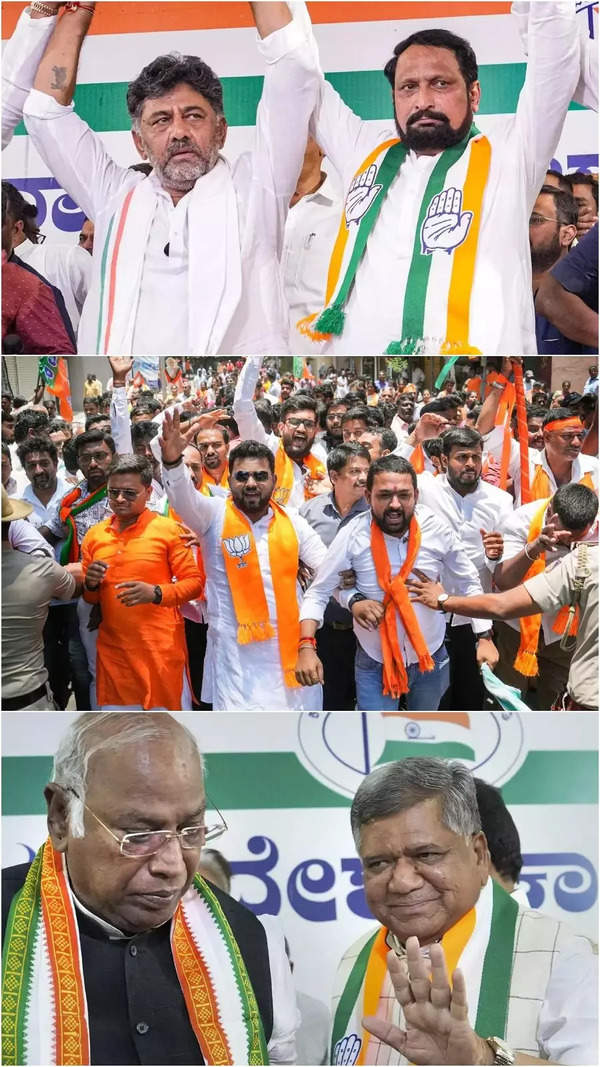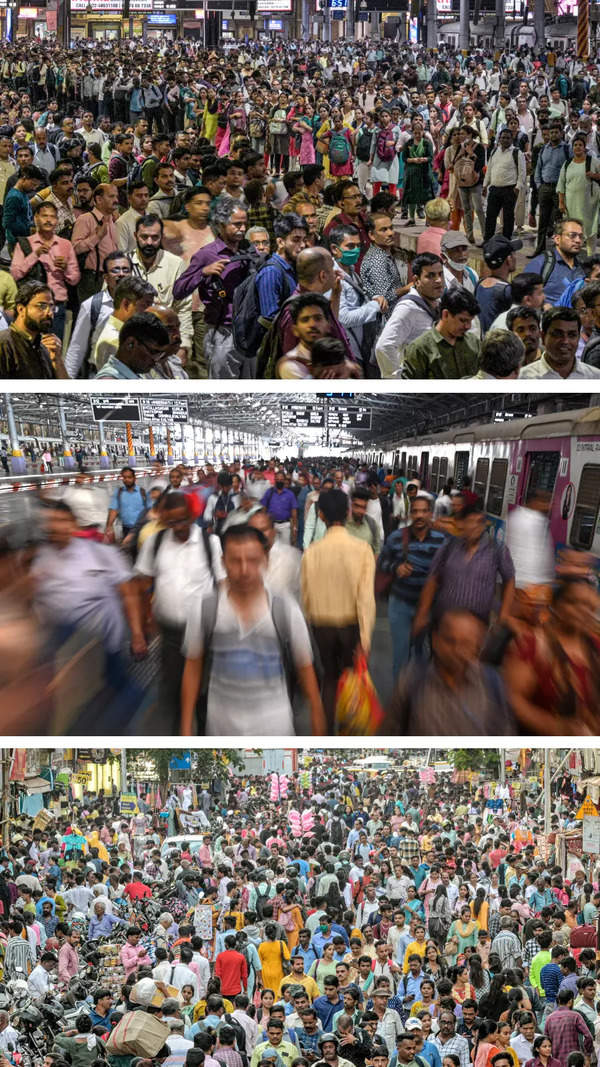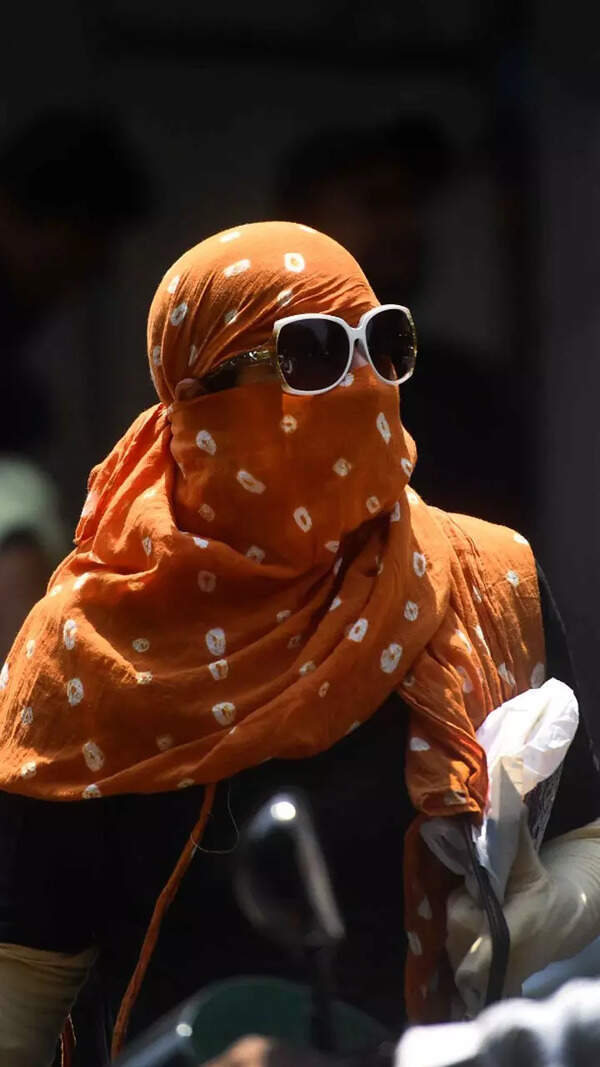- News
- City News
- mumbai News
- Child is not chattel, parents expected to give preference to child's welfare over own rights: Bombay HC
Trending Topics
Child is not chattel, parents expected to give preference to child's welfare over own rights: Bombay HC

MUMBAI: “Children cannot be treated as chattel or property where the parents would have absolute rights over the destiny and life of their children,’’ said the Bombay high court, observing that the paramount consideration is the welfare of the child and not the legal rights of the parents.
A bench of Justice RD Dhanuka — recommended by the Supreme Court collegium to be the Chief Justice of the HC — and Justice Gauri Godse on April 11 held it necessary "to strike a balance" in deciding between a parent’s right and a child’s right, as the HC directed that both parents are "expected to give preference to the welfare of the child over their own rights."
The HC was pronouncing a mechanism for access of minor child to a father in India, as directed by a family court, and said, “This is an unfortunate case where due to a bitterly fought matrimonial dispute between the parents, the children have suffered."
The HC said, “In our country, matrimonial disputes constitute the most bitterly fought adversarial litigation. A stage comes when warring couples stop seeing reasons. The children are treated as chattel. In such cases, the role of the Court becomes crucial. The Court is required to exercise parens patriae (guardian of child) jurisdiction and compel the parties to do something which is in the best interest of the child."
The child and mother are residing abroad and the father was seeking access during summer holidays between June 5 and August 15 this year and for orders to the mother to bring the child to India to interact with elder siblings too.
The child, a mid teen, is required to be treated as an individual and with respect, said the court.
The child in an interaction with court last year was unwilling to meet the father though holding no grudge but wanted to meet elder siblings. The HC said, it was in the child’s interest to have company of both parents.
“Due to the bitterly fought litigation between the parents," the court said the child was deprived of father’s and siblings’ company adding, "For the healthy growth of a child, it is necessary that a child has the company of both his parents as well as his siblings."
While it is impossible to turn back time, the HC said, "Both the parents should express some regret and take this as an opportunity and adopt corrective measures and help the child wash off any scar.
The family court in a 2012 petition, had granted joint custody of two minor children, one physical custody with father and one with mother.
The HC said the "litigation between the father and mother has a chequered history."
The battle travelled from family court to the Supreme Court in the past and father also wanted some conditions passed earlier in 2019 by the HC and confirmed by the SC in 2020 to be imposed on the mother.
The HC noted despite a family court order of access, the child was unable to meet and "mother may need protection as, in view of past experiences, she has avoided travelling back to India" and directed the mother to travel with child to India for ten days only for child’s welfare.
The HC directed the father not to create any obstacles in her path or trigger action for her detention and authorities must allow her free entry and exit with the child.
The mother opposed the father’s plea seeking that the court may interview the child via video conferencing. She also sought to know if there were any lookout circulars issued against her and the child. She had been permitted earlier by the SC to travel safely abroad with the child and later also noted that the child being a dual citizen of two countries abroad could continue education abroad.
The HC had interacted with the child via VC last year.
The father’s lawyer said nothing was on record to show any LOC was issued at his behest earlier and her fears now were baseless and she had “only given empty assurances to bring’’ child to India, who he submitted is "suffering from Parental Alienation Syndrome."
A bench of Justice RD Dhanuka — recommended by the Supreme Court collegium to be the Chief Justice of the HC — and Justice Gauri Godse on April 11 held it necessary "to strike a balance" in deciding between a parent’s right and a child’s right, as the HC directed that both parents are "expected to give preference to the welfare of the child over their own rights."
The HC was pronouncing a mechanism for access of minor child to a father in India, as directed by a family court, and said, “This is an unfortunate case where due to a bitterly fought matrimonial dispute between the parents, the children have suffered."
The HC said, “In our country, matrimonial disputes constitute the most bitterly fought adversarial litigation. A stage comes when warring couples stop seeing reasons. The children are treated as chattel. In such cases, the role of the Court becomes crucial. The Court is required to exercise parens patriae (guardian of child) jurisdiction and compel the parties to do something which is in the best interest of the child."
The child and mother are residing abroad and the father was seeking access during summer holidays between June 5 and August 15 this year and for orders to the mother to bring the child to India to interact with elder siblings too.
The child, a mid teen, is required to be treated as an individual and with respect, said the court.
The child in an interaction with court last year was unwilling to meet the father though holding no grudge but wanted to meet elder siblings. The HC said, it was in the child’s interest to have company of both parents.
“Due to the bitterly fought litigation between the parents," the court said the child was deprived of father’s and siblings’ company adding, "For the healthy growth of a child, it is necessary that a child has the company of both his parents as well as his siblings."
While it is impossible to turn back time, the HC said, "Both the parents should express some regret and take this as an opportunity and adopt corrective measures and help the child wash off any scar.
The family court in a 2012 petition, had granted joint custody of two minor children, one physical custody with father and one with mother.
The HC said the "litigation between the father and mother has a chequered history."
The battle travelled from family court to the Supreme Court in the past and father also wanted some conditions passed earlier in 2019 by the HC and confirmed by the SC in 2020 to be imposed on the mother.
The HC noted despite a family court order of access, the child was unable to meet and "mother may need protection as, in view of past experiences, she has avoided travelling back to India" and directed the mother to travel with child to India for ten days only for child’s welfare.
The HC directed the father not to create any obstacles in her path or trigger action for her detention and authorities must allow her free entry and exit with the child.
The mother opposed the father’s plea seeking that the court may interview the child via video conferencing. She also sought to know if there were any lookout circulars issued against her and the child. She had been permitted earlier by the SC to travel safely abroad with the child and later also noted that the child being a dual citizen of two countries abroad could continue education abroad.
The HC had interacted with the child via VC last year.
The father’s lawyer said nothing was on record to show any LOC was issued at his behest earlier and her fears now were baseless and she had “only given empty assurances to bring’’ child to India, who he submitted is "suffering from Parental Alienation Syndrome."

About the Author
Swati DeshpandeSwati Deshpande is Senior editor at The Times of India, Mumbai, where she has been covering courts for over a decade. She is passionate about law and works towards enlightening people about their statutory, legal and fundamental rights. She makes it her job to decipher for the public the truth, be it in an intricate civil dispute or in a gruesome criminal case.
Start a Conversation
FOLLOW US ON SOCIAL MEDIA
FacebookTwitterInstagramKOO APPYOUTUBE

